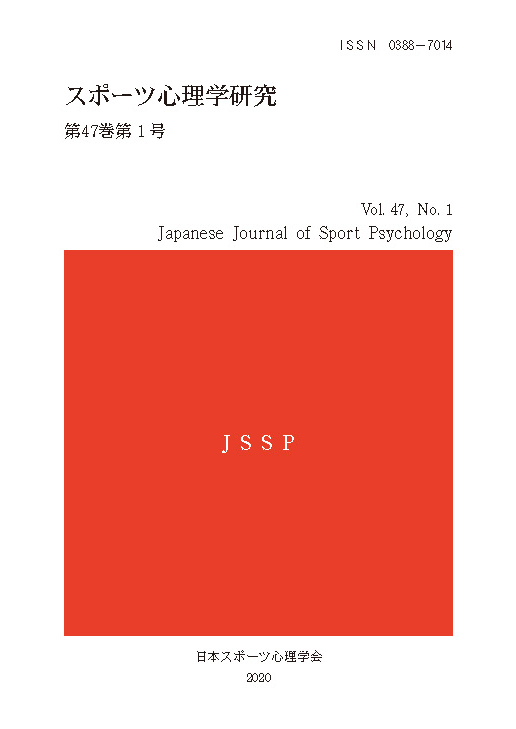This paper explored the possibility of conducting physical education classes for the development of empathy. To this end, we examined both the listening behavior in the mathematics class and cooperative behavior while playing tag in the physical education class of 33 children in the 1st grade of elementary school. The tag game consisted of two defenders against three attackers. The listening behavior in the classroom was considered as the behavior of empathy, and evaluated by two researchers using video analysis of children’s gaze direction and postural stability while seated in the chair in the classroom. The loss scores in the tag game were regarded as cooperative skills of two defenders. As a case study, the movements of two different dyads in the tag game who showed different listening behaviors in the classroom were also recorded and analyzed. The authors also analyzed the movement of the players and the interpersonal distance between defenders and between attackers and defenders. Results revealed that there was a significant positive correlation between the listening and cooperative behaviors. This finding suggests that the dyads of children who had better listening behavior, that is, keeping the gaze directed at speakers and stable posture in the classroom, had lost fewer scores in the tag game. The case study of the tag games revealed that the dyads of children who had better listening behavior could maintain interpersonal distance between defenders, even if the number of attackers were more than that of defenders. On the other hand, the dyads of defenders who had poor listening behavior could not maintain interpersonal distance among themselves because they did not pay attention to other defendersʼ movements. However, although the dyads with poor listening scored low in some games, they could show high cooperative skills in the tag game. The results suggest that the task constraints of the tag game led to cooperative skill; such task constraints in physical education could facilitate shared intention among children, which could be generalized to the development of empathy.
View full abstract
